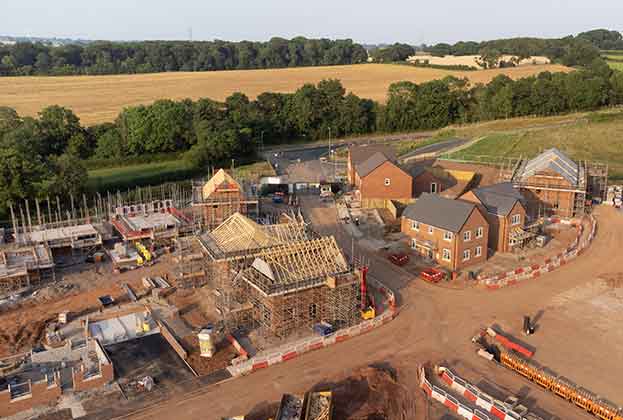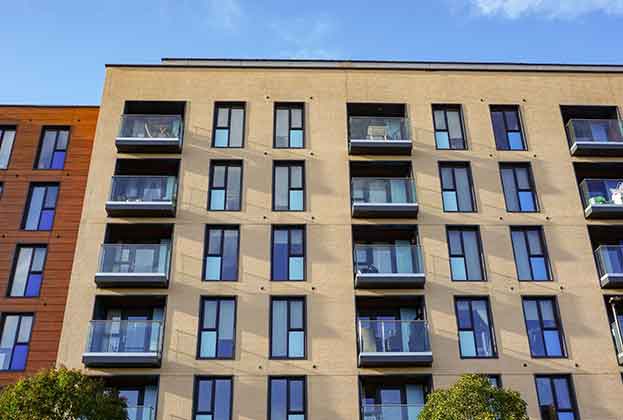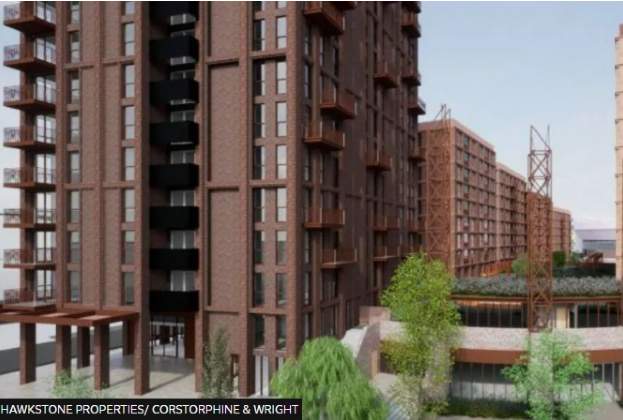Entering into an arrangement with a developer or promoter can be an effective way for individuals to unlock additional value from their land, particularly if they don’t have the time, experience or money to fund the promotion and planning application process themselves.
Option and Promotion agreements tend to be two of the most popular arrangements. But what is the difference? And when should you choose one over the other?
Under an Option Agreement, a landowner typically gives a developer the right to buy their land within a specified timeframe (usually five to 10 years but it can be longer if required).
In return the developer will take on various obligations at their own cost – such as applying for planning permission – and if successful they can then decide whether or not to purchase the land.
The price they pay can either be negotiated once planning permission is granted or fixed at an agreed minimum figure.
A Promotion Agreement is similar to an Option, but the promoter is not usually a builder/developer. Instead, once planning permission is granted, they will take the land to market and sell to a third party.
The landowner is legally bound to sell the site and all proceeds of any sale are then divided between themselves and the promoter – but only after the latter has been reimbursed for planning and other professional costs.
There is a belief that Promotion Agreements tend to favour the landowner because both parties are keen to achieve the best price possible for the land, which because it is sold on the open market is subject to a competitive bid process.
In an Option Agreement the pricing exercise is undertaken by negotiation and by making reference to firm evidence of the local land market. Typically the developer will want to pay as little as they can and the landowner may ask for more than the site is worth.
While the competitive nature of a Promotion Agreement is a good thing, the potential downside is that the promoter may not necessarily be best placed to understand what local developers are seeking. The risk being that vast sums of money and time are spent achieving a planning consent for a scheme that no one wants to buy or would be able to build – either because of different local market requirements or because it is economically unviable.
Often an important factor in promoting a plot of land can be the ability to prove the deliverability of a scheme to the local authority. In these circumstances partnering with a credible developer under an Option Agreement could prove more beneficial.
When negotiated well, both agreements can secure a satisfactory outcome. But the specific circumstances of the land, its location, local market characteristics and the planning legacy of the area should all be considered when deciding the best approach, which is why it’s always sensible to seek professional advice.




.jpg)
.jpg)
.jpg)
.jpg)
.jpg)

